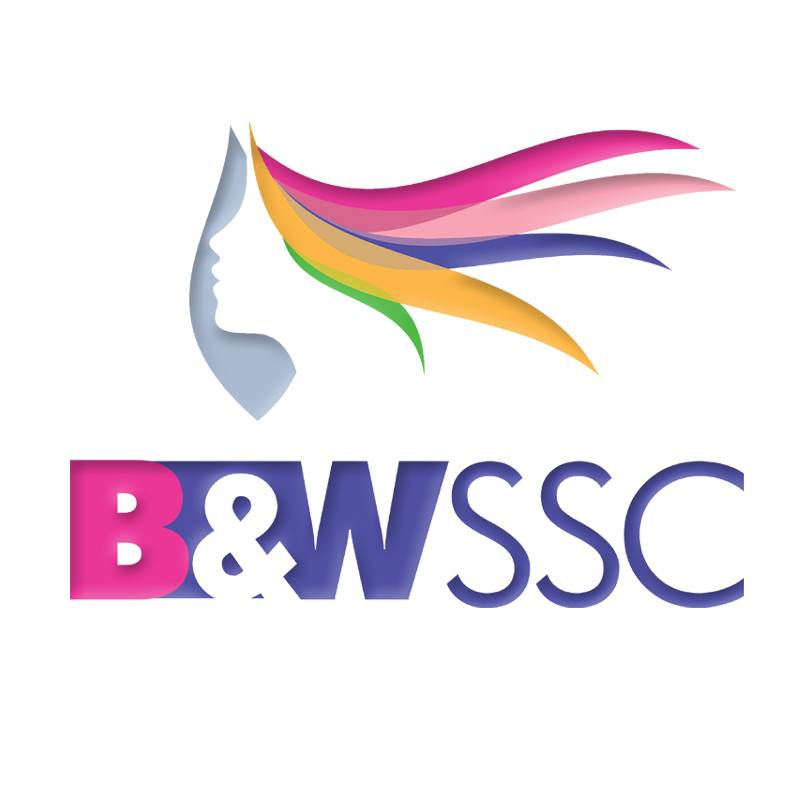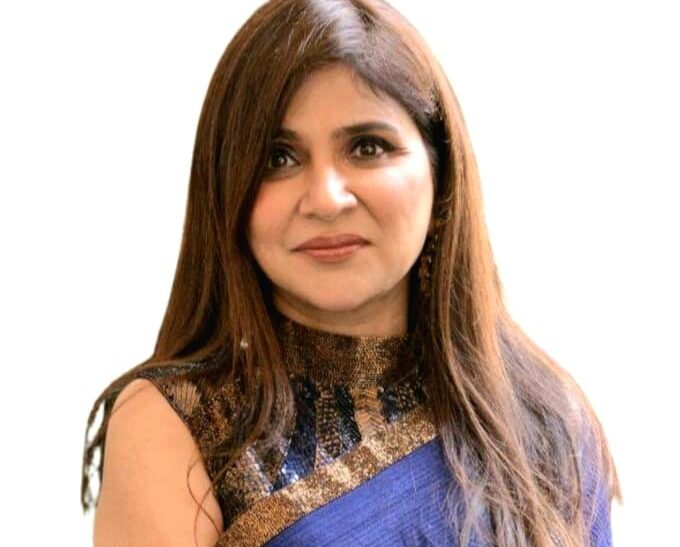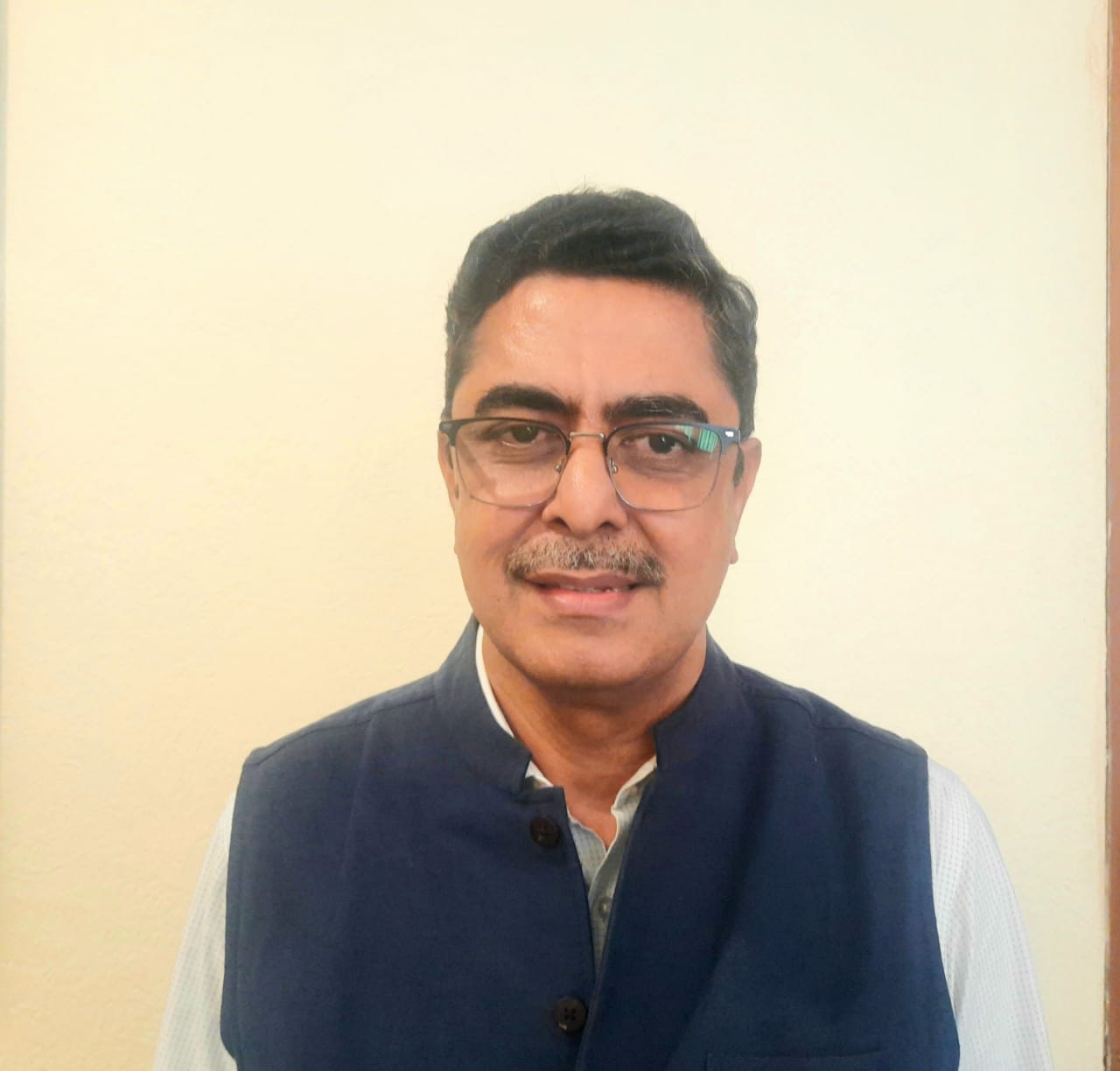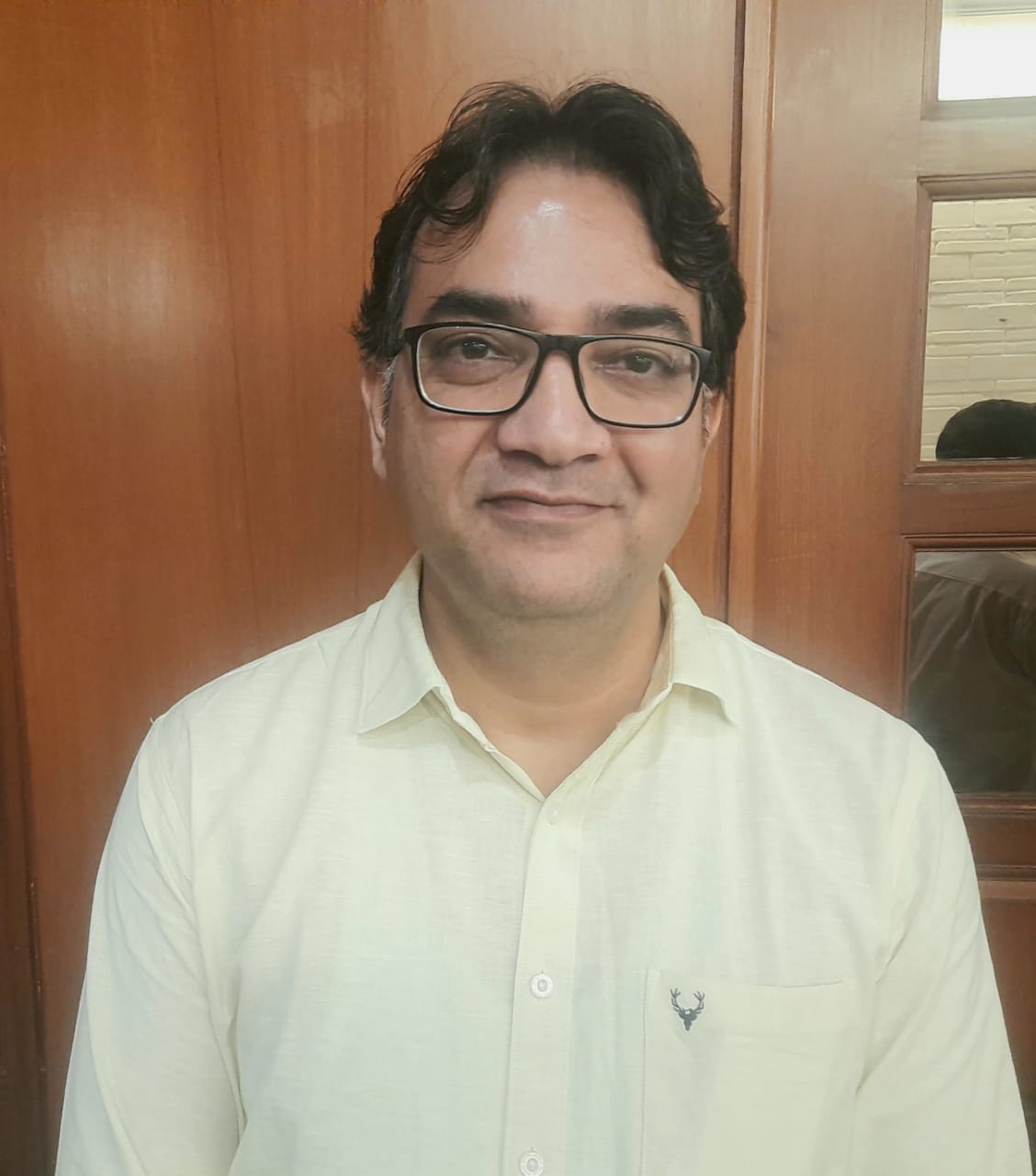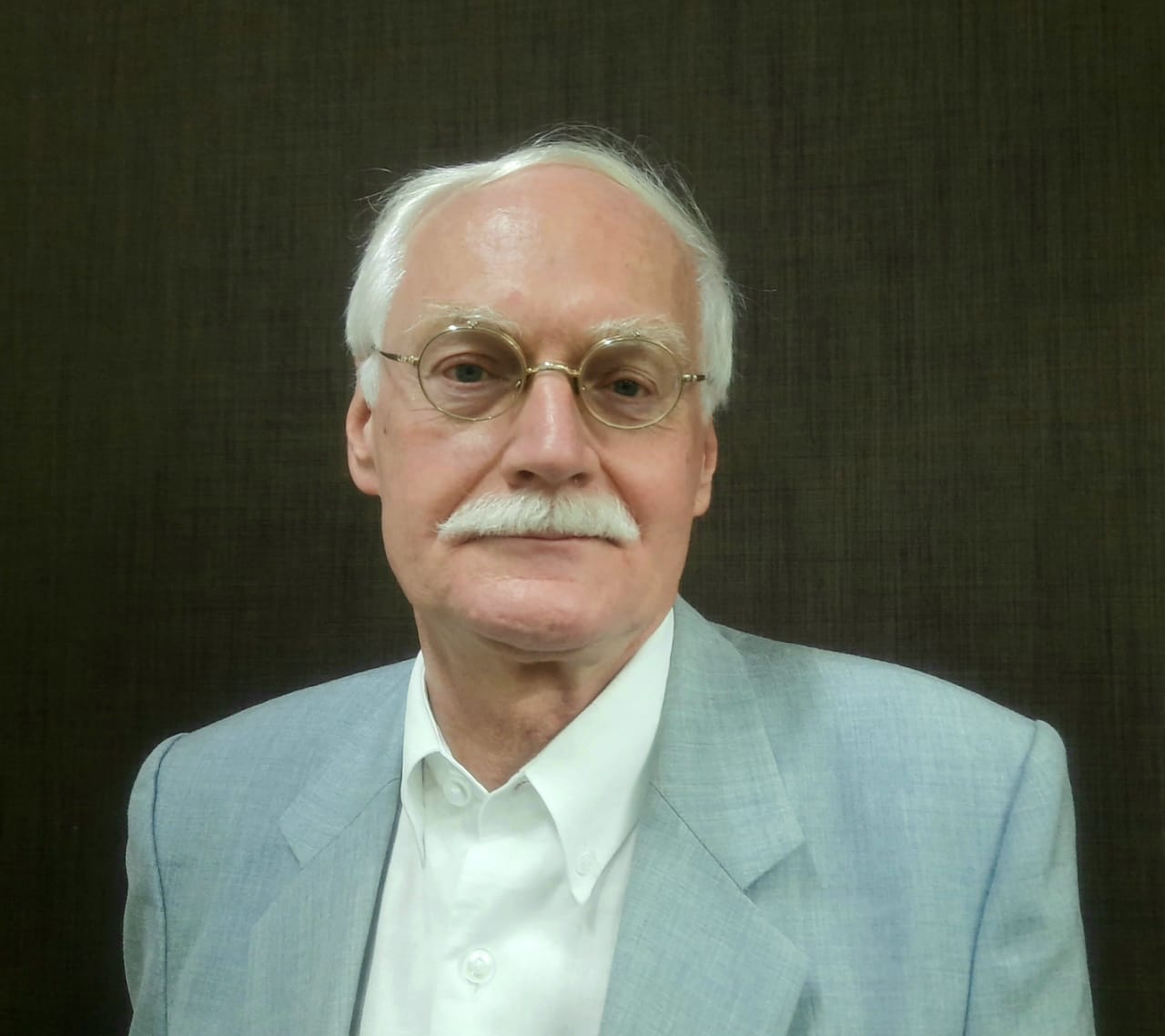Beauty & Wellness Sector Skill Council (B&WSSC) stands at the vanguard of India’s skilling movement in beauty and wellness. Recognised by NCVET and MSDE as an Awarding Body, backed by CII, and fuelled by NSDC, the Council orchestrates every facet of the talent pipeline. It designs curricula, accredits training partners, and certifies learners—thus forging a seamless, standardised learning‑to‑employment pathway.
Over the last ten years, the Council has engineered 106 occupational standards, 35 of which carry the coveted NSQC seal. In the same breath, it has trained, assessed, and credentialed more than 1.7 million professionals across all 33 States and Union Territories. That reach reflects scale; the quality shows in its collaboration with CBSE, where vocational modules now run from Grade 6 through Grade 12. Parallelly, the Council champions women’s economic ascent by steering state‑level schemes that turn latent talent into bankable livelihoods. Its rallying cry—“Give our youth and women skilling roots to grow, and career wings to fly”—is no mere slogan; it is the metric by which every programme is judged.
Recently, at ASSOCHAM’s third Conference on Beauty, Wellness, and Traditional Medicine—aptly themed “From Tradition to Transformation: Shaping the Future of Holistic Health”—The Interview World secured an exclusive conversation with Monica Bahl, the Council’s dynamic CEO. She mapped out how B&WSSC has begun to re‑architect the national beauty‑product ecosystem: setting benchmark standards, driving indigenous innovation, and aligning micro‑entrepreneurs with flagship government initiatives such as PM‑DAKSH and PM‑Vishwakarma. Moreover, she spotlighted tangible community impact—from rural salons gaining digital payments literacy to urban wellness practitioners pivoting into high‑margin gig work.
Looking ahead, Bahl foresees a sector where technology, sustainability, and ancient Indian wisdom converge to create premium, globally coveted offerings. She urges aspirants to master both craft and commerce, because tomorrow’s winners will blend technical finesse with entrepreneurial agility.
The following distilled insights capture the essence of her compelling vision—each one a navigational beacon for policymakers, educators, and professionals determined to elevate India’s beauty and wellness landscape.
Q: What role does the Beauty and Wellness Sector Skill Council play in shaping India’s beauty product ecosystem through workforce training and industry alignment?
A: The Beauty & Wellness Sector Skill Council (B&WSSC) sits under the Ministry of Skill Development and Entrepreneurship, yet its influence radiates far beyond a single department. We design industry‑driven qualification packs, map them to the National Skill Qualification Framework, and certify every successful learner—thereby forging an unbroken line from classroom to career.
Partnership fuels our reach. At the Union level we collaborate with the Ministries of Social Justice, MSME, and Women & Child Development, while at the grassroots we engage all 33 states and union territories. Most crucially, we work hand‑in‑glove with the Ministry of Education, embedding beauty‑and‑wellness studies in CBSE and RMSA‑affiliated schools.
The school ecosystem showcases our integrated approach. We craft full curricula for Classes 9 through 12; by Grade 10, students earn an NSQF Level‑3 certificate, and by Grade 12 they secure Level‑4. These credentials do more than gild a report card—they unlock immediate employability and entrepreneurial options.
The National Education Policy 2020 amplifies this momentum. Under its flexible framework, students may now select a vocational subject among their top five, boosting both academic scores and career readiness. We have responded by rolling out 12‑hour life‑skill modules for Classes 6–8, freely available on the CBSE portal. These bite‑sized lessons teach posture alignment, basic fitness, and practical grooming—from mastering a hygienic hair‑wash routine to preventing dandruff and lice. In short, we equip adolescents with the daily disciplines that underpin lifelong well‑being.
Through systematic curriculum design, multi‑ministry alliances, and relentless quality benchmarks, B&WSSC converts policy aspirations into tangible results. Our mandate remains clear: skill India’s youth today so they can power—indeed, prosper in—tomorrow’s beauty and wellness economy.
Q: Which key flagship government schemes is your organization currently supporting or aligning with in the area of skill development?
A: The Beauty & Wellness Sector Skill Council powers the Ministry of Skill Development and Entrepreneurship’s flagship initiatives—PM Kaushal Vikas Yojana, PM Vishwakarma, Deen Dayal Upadhyaya Grameen Kaushalya Yojana, and both the National Urban and Rural Livelihoods Missions. Each programme delivers industry‑aligned courses, and every learner earns an NSQF‑mapped qualification at zero cost. Government funding removes the financial barrier; our training removes the employability barrier.
Yet certification is only the opening act. We move graduates straight into jobs or entrepreneurship, matching their new skills with real market demand. In doing so, we convert marginalised youth and women into wage earners—and, more importantly, into confident contributors to the economy. That is the essence of our mission: skill, certify, and secure livelihoods with dignity.
Q: What real-world changes have you witnessed among individuals or communities following your skill development and capacity-building efforts?
A: Established in 2014—the very year India created a dedicated Ministry of Skill Development—the Beauty & Wellness Sector Skill Council has grown into a formidable engine of opportunity. In just eleven years, we have trained and certified more than 2.2 million learners nationwide, a figure strong enough to earn mention in Parliament and headlines across the press.
Today our sector ranks as the country’s fifth‑largest service employer, and women dominate its ranks: for every three professionals, two are female. We double down on that advantage. Our programmes welcome everyone—transgender communities, acid‑attack survivors, and other marginalised groups—turning inclusivity from slogan into standard practice.
The ground‑level impact tells the real story. Many graduates once struggled to provide two square meals; now their children study in English‑medium schools. Because the industry expands at an impressive 18.6 percent CAGR, demand outpaces supply. Graduates step into salons, spas, and wellness centres, or pivot to freelancing through platforms such as Urban Company and Yes Madam. They decide where and when to work, and they write their own earning script. A practitioner with four to five years’ experience routinely clears ₹40,000–₹50,000 per month, thanks to the triple stream of salary, incentives, and tips.
To document these transformations, we published a tenth‑anniversary coffee‑table book brimming with success stories—hundreds of them, each proof that skill plus determination equals upward mobility.
In sum, eleven short years have reframed beauty and wellness from a niche pursuit into a robust, gender‑inclusive powerhouse of livelihoods. We trained the talent, industry absorbed it, and households across India moved from subsistence to self‑reliance. The journey continues; the momentum only builds.
Q: How do you envision the future of this industry for aspiring professionals, and what opportunities might it offer in the coming years?
A: Beauty and wellness is a sunrise sector—and, remarkably, it proves recession‑proof. When the global economy contracted, two industries kept expanding: beer, because emotions still seek a pint, and beauty, because employers still seek polish. In tight labour markets a single vacancy can draw a hundred equally qualified resumes. The candidate who wins is the one whose grooming and soft skills mirror the brand’s own standards.
The talent pipeline already runs strong. Today, 181 Indian universities and colleges—including Symbiosis Skills & Professional University, Symbiosis International University, Punjab Technical University, AICTE‑affiliated Karma Skill Institute, and the CT Group—offer a three‑year Bachelor of Vocational Education (B.Voc.) in Beauty and Wellness. Each programme follows a flexible, multiple‑entry/multiple‑exit structure: complete one semester for a certificate, two for a diploma, or all six for a degree that the University Grants Commission ranks alongside any BSc or BBA.
Institutions secure UGC clearance; we then design the curriculum, train the faculty, and conduct the final assessments. The outcome is a workforce armed with technical expertise and the professional refinement that employers—and the market—demand.
